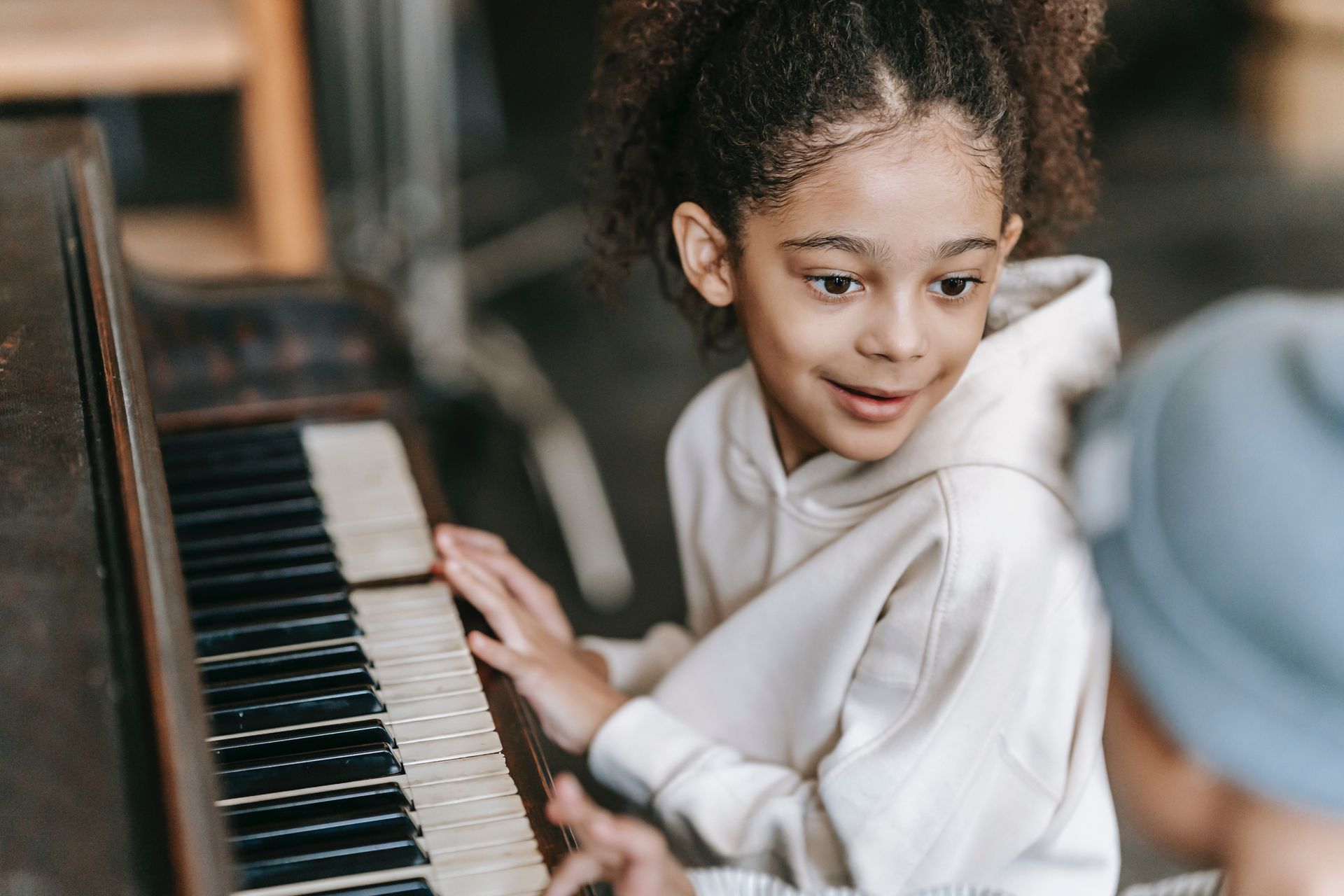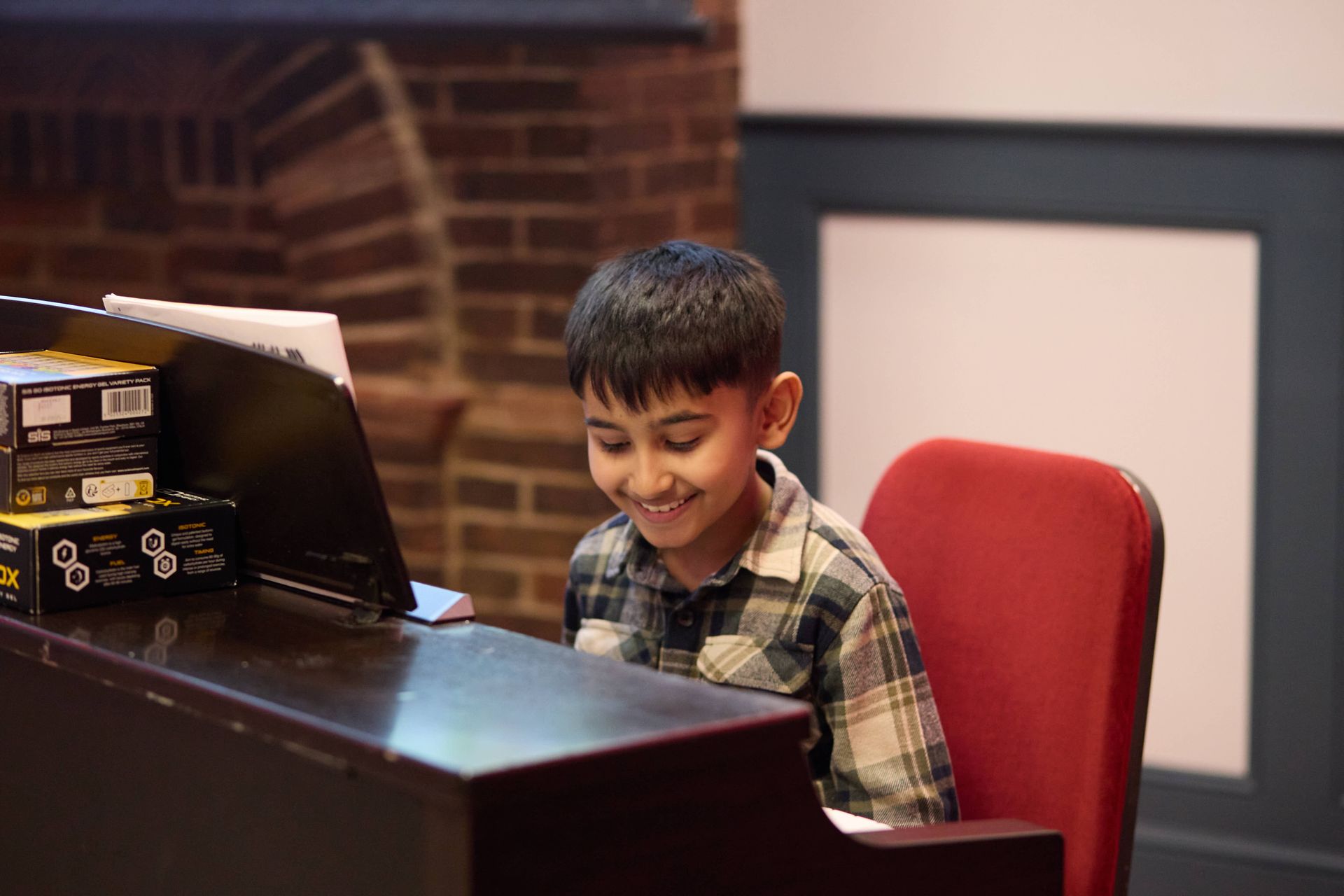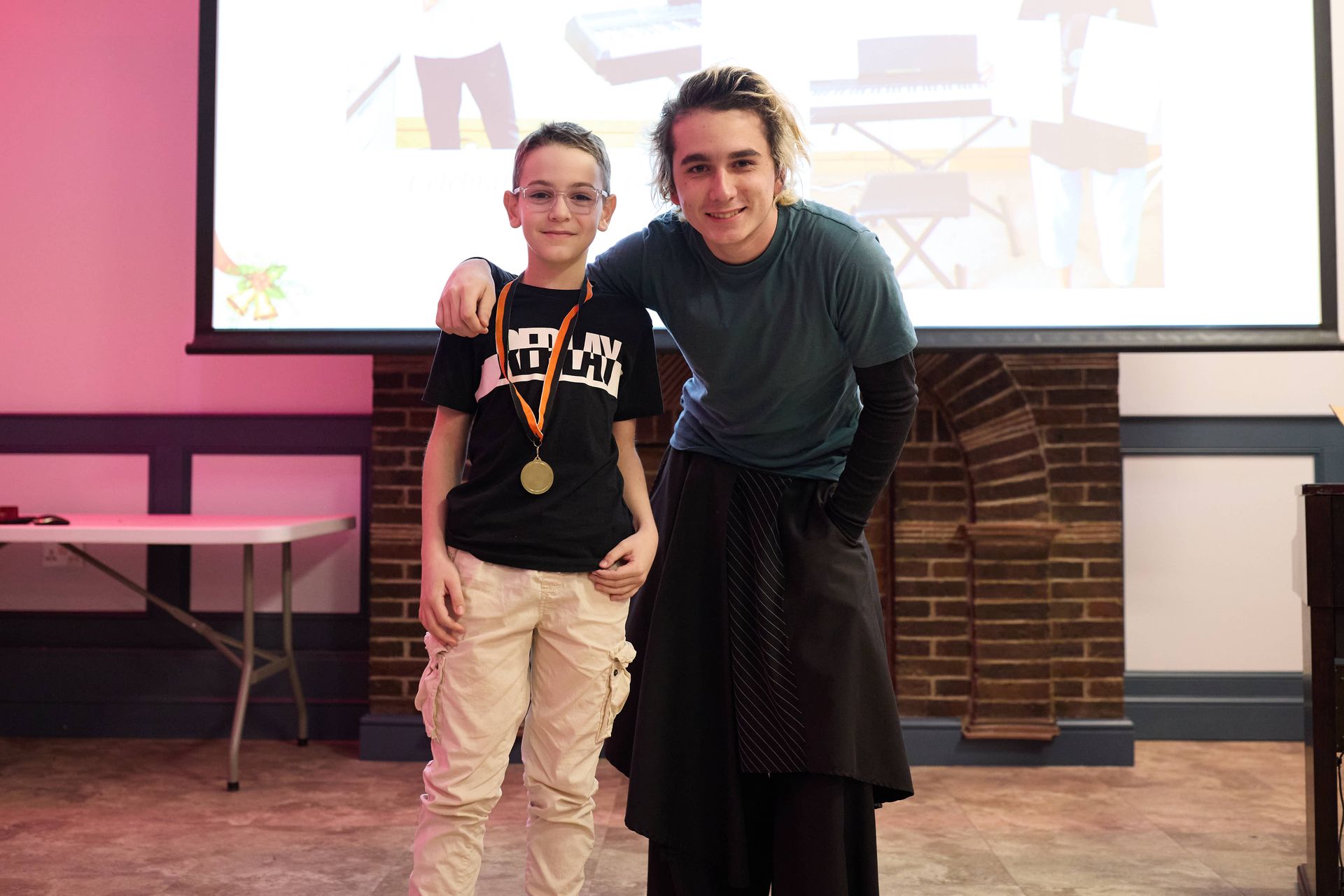PRODUCTIVE PRACTICE
 How much does practice really matter?
How much does practice really matter?
Through past experiences and networking with dozens of highly experienced musicians from composers to conductors to teachers to instrumental musicians, we concluded that in an average week it takes 80% practice time and 20% lesson time.
How can we get the most out of ‘practising’ then?
One could sit down at their instrument every day for 60 minutes and be completely UNPRODUCTIVE. This could mean wasting time deciding what they are going to practice, what the aims and objectives of their practice session will be or just doing anything but progressing in the time allocated to them.
Trying to wing a practice session is a recipe for disaster. I’ve experienced this before and seen it happen far too many times!
Whether you are practising theories or a piece of music and prior to this session you decide what you are going to focus on and how much time or which days you will allocate to this then you will find your practice session much more useful and PRODUCTIVE as you won’t be wasting planning time.
In terms of the quantity of practice one should be doing, if you have a look at the second image on the right by ‘Musicnotes’ this clearly illustrates the difference the quantity of practice can make over the course of a decade or so.
The key here is to HAVE A PLAN and break this down into manageable and actionable chunks.
Studies show that the most successful musicians cultivate the following practice habits:
- Keep their piano in a location where they will see it regularly (e.g. their hallway or bedroom)
- Operate on a schedule
- Break goals into manageable chunks
- Warm up
- Record themselves
Sometimes it can be difficult to rectify the small mistakes in your playing, so recording yourself and listening back to this can provide you with a clearer understanding as to what does and doesn’t need improving. The top tip we always give is to practice what you don’t know, as opposed to what you do know. This in itself is a mental challenge just as much as it is a physical one, but it’s what really makes a piece or element of music sound complete as well as teach the musician what they are really capable of.
How can we make the most out of our lessons then?
Something we don’t usually realise until later on down the line is that lessons can be more productive if they are seen as check-ins, providing the student has practised effectively prior to that lesson. This means that any struggles or doubts one is having they should use in this 20% of their time to ask for help and learn how to find a solution to their problem(s).
The toughest part is of course the sitting down and getting to work, but we encourage to find a way that works for you. Of course, there will be days where you don’t want to get up but it is on these days that will separate those who work as and when they please compared to those who go that extra mile.
For more tips and tricks follow us on Instagram: @keysoundsuk or Facebook: www.facebook.com/keysoundsuk
The post PRODUCTIVE PRACTICE appeared first on Key Sounds UK.





